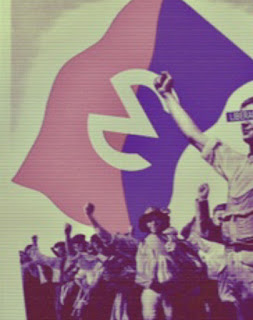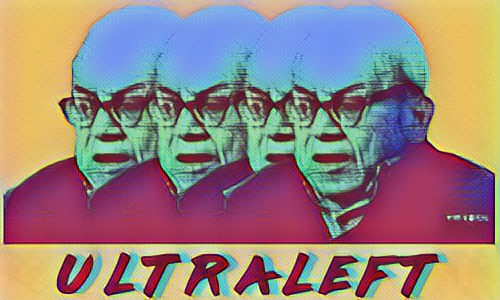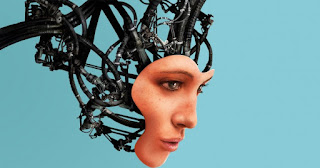Minarcho-Councilism Revisited
A night-watchman state or minarchy is a model of a state that is limited and minimal, whose only functions are to act as an enforcer of the non-aggression principle providing citizens with the military, the police and courts, thereby protecting them from aggression, theft, breach of contract, fraud and enforcing property laws. Its proponents are called minarchists.
This form of government is mainly associated with libertarianism in the United States, Objectivist, and right-libertarian political philosophy. However, minarchism has also been advocated by non-anarchist libertarian socialists and other left-libertarians. Some anarchists and left-libertarians have also proposed or supported a minimal welfare state on the grounds that social safety nets are short-term goals for the working class. Such minarchists seek to combine worker owned means of production with an "as minimal as posssible" state to ensure the protection of workers and their rights.
Some minarchists argue that a state is inevitable, believing anarchy to be futile. Robert Nozick, who publicized the idea of a minimal state in Anarchy, State, and Utopia (1974), argued that a night-watchman state provides a framework that allows for any political system that respects fundamental individual rights and therefore morally justifies the existence of a state. Any such system would include councilism. Nozick argues that only a minimal state limited to the narrow functions of protection against "force, fraud, theft, and administering courts of law" could be justified without violating people's rights.
Pannekoek was best known for his writing on workers councils. He regarded these as a new form of organization capable of overcoming the limitations of the old institutions of the labor movement, the trade unions and social democratic parties. Pannekoek argued that the workers' revolution and the transition from capitalism to communism had to be achieved by the workers themselves, democratically organized in workers' councils. Councilists argue that society and the economy should be managed by coordinations of workers’ councils, made up of delegates elected at workplaces and can be recalled at any moment by those who elected them. Thus the state will be minimal while worker control of civil society made maximal.
Councilism emphasizes the role of worker's councils in organizing both the revolution itself and as a foundation of post-capitalist society. This direct proletarian control over production and distribution (where the councils take democratic control over the economy) is seen by councilists as the true character of the dictatorship of the proletariat, in the realm of civil society not the state. The workers then establish directly democratic councils in both workplaces and communities as the basic organs of the civil society. Following from this, society and the economy is managed and coordinated by workers' councils, where production in all workplaces is managed by their workers via participatory decision-making.
“The conclusion to draw is that there will not be one kind of community existing and one kind of life led in utopia. Utopia will consist of utopias, of many different and divergent communities in which people lead different kinds of lives under different institutions. Some kinds of communities will be more attractive to most than others; communities will wax and wane. People will leave some for others or spend their whole lives in one. Utopia is a framework for utopias, a place where people are at liberty to join together voluntarily to pursue and attempt to realize their own vision of the good life in the idea community but where no one can impose his own utopia vision upon others. The utopian society is the society of utopianism… Half of the truth I wish to put forth is that utopia is meta-utopia: the environment in which utopian experiments may be tried out; the environment which must, to a great extent, be realized first if a more particular utopia visions are to be realized stably.“
– Robert Nozick, Anarchy, State and Utopia (1974)
Any smart utopian, i.e., any utopian who recognizes the massive difficulties of precognizing and constructing Utopia, will place his bets for the creation of Utopia on the institutionalitzation of certainty processes. (Nozick’s emphasis on processes in contrast to end‐ states is the recurrent and unifying theme of his book.) This institutionalization will be a “filter device” which will effect the evolution of human communities so as to maximize the chances for Utopia (or Utopias) Nozick maintains that the favored filter device of the smart utopian will be that device which insures that individuals will be free to enter into any community they see fit, to contractually commit themselves within a community to whatever is contractually agreeable there, to change such communities and to change communities (contracts permitting). The filter device is, then, the minimal state. For any form of nonaggressive community is permitted to develop and, perhaps, prove itself under the framework of the minimal state, particularly the councilist society.




Comments
Post a Comment